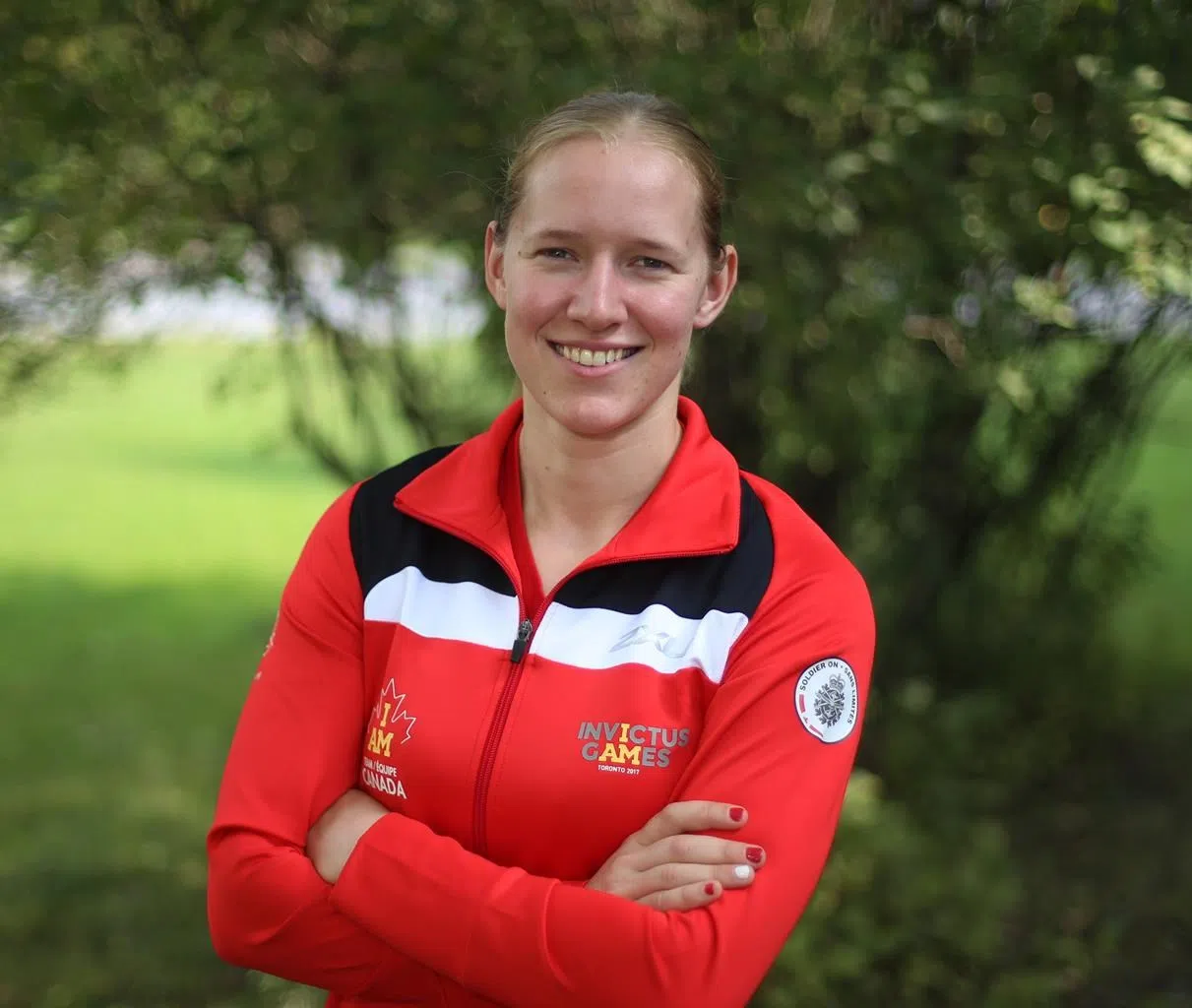
Invictus Games turned war veteran Kelly Scanlan’s life around
TORONTO — When Kelly Scanlan first signed up for the Invictus Games after serving in Afghanistan, she didn’t realize the sporting event for wounded soldiers would pull her out of years of physical and mental injuries.
Scanlan first joined the Canadian Forces at the age of 16 and started training to deploy to Afghanistan at 18. During her training, she suffered her first injury, a completely torn ligament in her leg. She decided to push through the pain and deploy anyway, and at age 19, she left to spend eight months on tour as an infantry soldier in Afghanistan.
“Eventually I stopped going to the doctors, because none of them seemed to have an answer for me,” said Scanlan. “I figured this was just how it was going to be and just powered through.”
But when she returned home, the injury had worsened. Because the tear changed how Scanlan moved entirely, it shifted the entire right side of her body out of alignment and meant that she would have to re-learn how to walk properly. She had trouble using stairs and was less active in general as a result.


